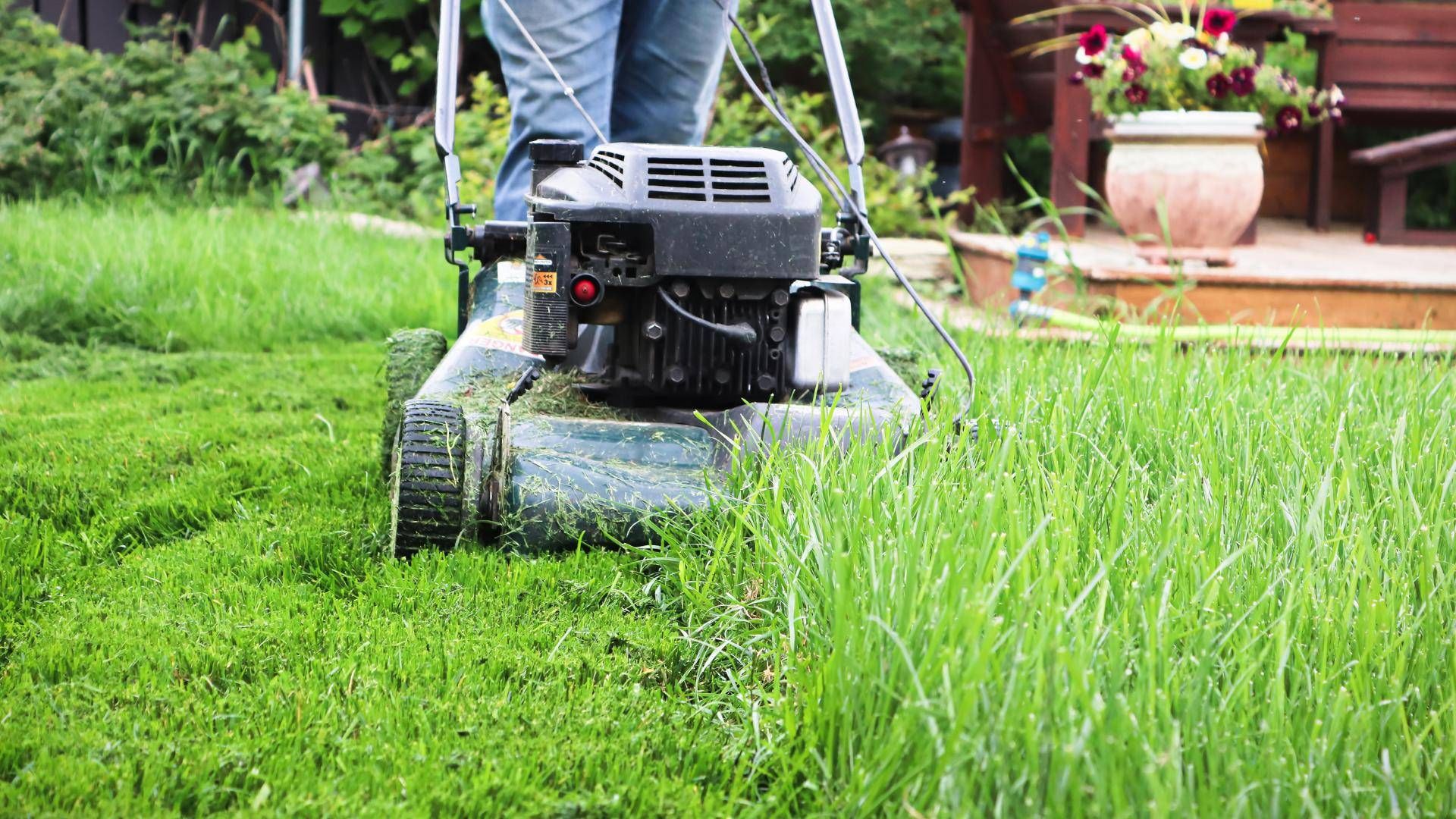Landlords are legally required to uphold gas and fire safety standards in properties they rent to tenants, with a number of compulsory laws in place. With winter approaching and a heavier reliance on gas central heating, fires and wood burning stoves, now is a good time to revisit the current regulations – especially as there has been a recent amendment.
We have already been fielding gas and fire safety enquiries from landlords, and here we share the most frequently asked questions with you, along with our answers.
Q. Have fire safety regulations changed in 2022?
A. New rules relating to smoke detectors and carbon monoxide alarms in rented properties were introduced in England on 1st October 2022 and these are revisions to The Smoke and Carbon Monoxide Alarm Regulations 2015. The amendments require landlords to:
- ensure carbon monoxide alarms are provided in all rooms with a fixed combustion appliance (excluding gas cookers)
- ensure carbon monoxide alarms are provided upon installation of any heating appliance (excluding gas cookers) in all tenures through building regulations
- repair or replace alarms as soon as they are reported faulty
These new requirements are in addition to:
- smoke alarms being fitted on every floor of a property, where there is a room used wholly or partly as living accommodation
- carbon monoxide alarms being provided in any room where solid fuel is burnt, such as wood, coal or biomass, including open fires
- all fire safety alarms tested at the start of each tenancy
Q. Do the same changes apply to Welsh landlords?
A. There are changes ahead for landlords in Wales but these don’t take effect until 1st December 2022. The Renting Homes (Wales) Act 2016 sets out new fire safety standards and it will be mandatory for landlords to:
- ensure there are working smoke alarms fitted on every floor of a property
- ensure there are working carbon monoxide alarms fitted in any room that has a gas, oil or solid-fuel burning appliance
- ensure all smoke detectors and carbon monoxide alarms work when the tenant moves in and are fit-for-purpose during the let
Q. Are landlords responsible for boiler repairs and maintenance?
A. The Landlord and Tenant Act 1985 makes it clear that it is the landlord’s responsibility to ensure all gas appliances are safe to use, are repaired and are maintained to a satisfactory standard. An annual boiler service is essential and it is compulsory for every gas boiler to have a gas safety certificate issued by a Gas Safe registered engineer. These requirements extend to gas fires, ovens and hobs.
Q. Is the tenant responsible for getting a chimney swept?
A. This depends on what is detailed in the tenancy agreement. It’s possible to designate the responsibility of a chimney’s working condition to a tenant – stipulating they get it swept annually – and this should be set out in writing by the landlord at the start of the let. Regardless of who is responsible for the chimney’s working condition during the tenancy, it’s pertinent for the landlord to hand over a property with a chimney in safe, working order, and for its condition to be noted in the inventory. Both landlords and tenants should always keep evidence of any chimney sweeping or servicing work in case of a dispute.
We’d be happy to advise you on matters concerning gas and fire safety, property maintenance and tenant welfare. Our team is waiting for your call.
Share this article
More Articles
Sign up for our newsletter
Subscribe to receive the latest property market information to your inbox, full of market knowledge and tips for your home.
You may unsubscribe at any time. See our Privacy Policy.



